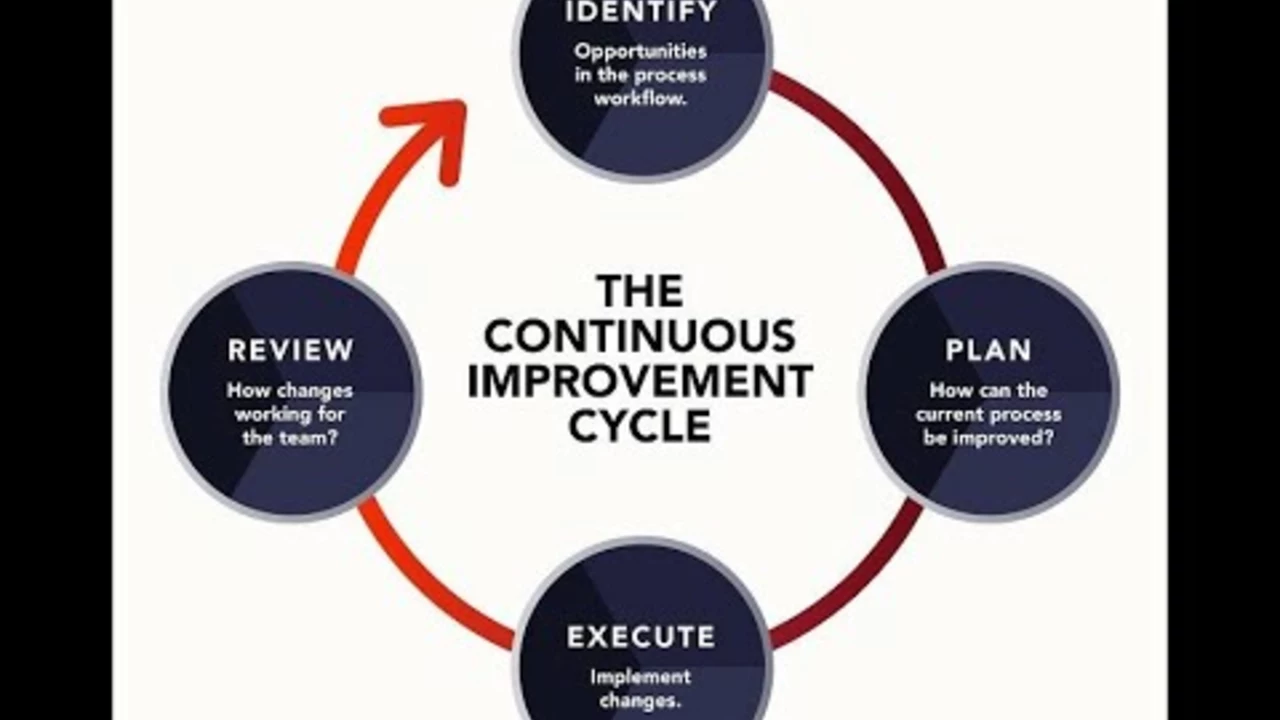Peer Review: Boosting PHP Code Quality
Ever wondered why some PHP projects ship with bugs while others run smooth? The secret isn’t a magic framework—it’s a solid peer review process. When developers sit down, glance over each other’s code, and ask the right questions, errors drop dramatically and learning spikes.
Why Peer Review Matters
First off, a second pair of eyes catches things you miss. Even seasoned PHP devs can overlook a variable typo or an insecure database query. A quick glance from a colleague spots it before it becomes a security hole. Second, reviews spread knowledge. When Alice explains why she used PDO::prepare instead of mysqli_query, Bob picks up a safer habit for his next task. Over time the whole team writes cleaner, more consistent code.
Third, peer review builds confidence. Knowing that code has survived a group check reduces anxiety before a release. That confidence translates to faster deployments and happier clients. Finally, reviews create a feedback loop. You get to hear what works, what confuses, and how to improve your own style without feeling singled out.
How to Run an Effective Review
Start with a clear goal: catch bugs, improve readability, or enforce standards. Keep the scope small—reviewing 200 lines at once is a sprint that nobody finishes well. Aim for 30‑45 minutes per session and focus on one pull request at a time.
Use a checklist. A typical PHP checklist includes: proper use of namespaces, escaping output, avoiding global variables, and following PSR‑12 coding style. Having a tangible list stops the review from drifting into vague comments.
Ask concrete questions: “Does this function have a single responsibility?” or “Are there any hidden SQL injections?” Concrete queries guide the author toward specific fixes instead of generic “needs improvement” notes.
Give balanced feedback. Point out what works before suggesting changes. For example, say, “Nice use of early returns here, but the error handling could be tighter.” Positive reinforcement encourages the author to accept suggestions quicker.
After the review, the author should address comments and push updates. A quick follow‑up check confirms the changes are applied correctly. If the author disagrees, discuss the trade‑offs openly—sometimes there are valid reasons for a different approach.
Don’t forget tools. Platforms like GitHub, GitLab, or Bitbucket let you comment inline, tag reviewers, and track unresolved items. Pair these with static analysis tools such as PHPStan or Psalm; they catch syntax issues automatically, letting humans focus on architecture and style.
Finally, make reviews a habit, not a chore. Schedule a regular half‑hour slot each week, rotate reviewers to spread expertise, and track metrics like average review time or number of bugs found. When the data shows improvement, the whole team feels the payoff.
Peer review isn’t about policing code; it’s about sharing knowledge and delivering reliable PHP applications. Start with a simple checklist, keep sessions short, and watch your code quality soar.
